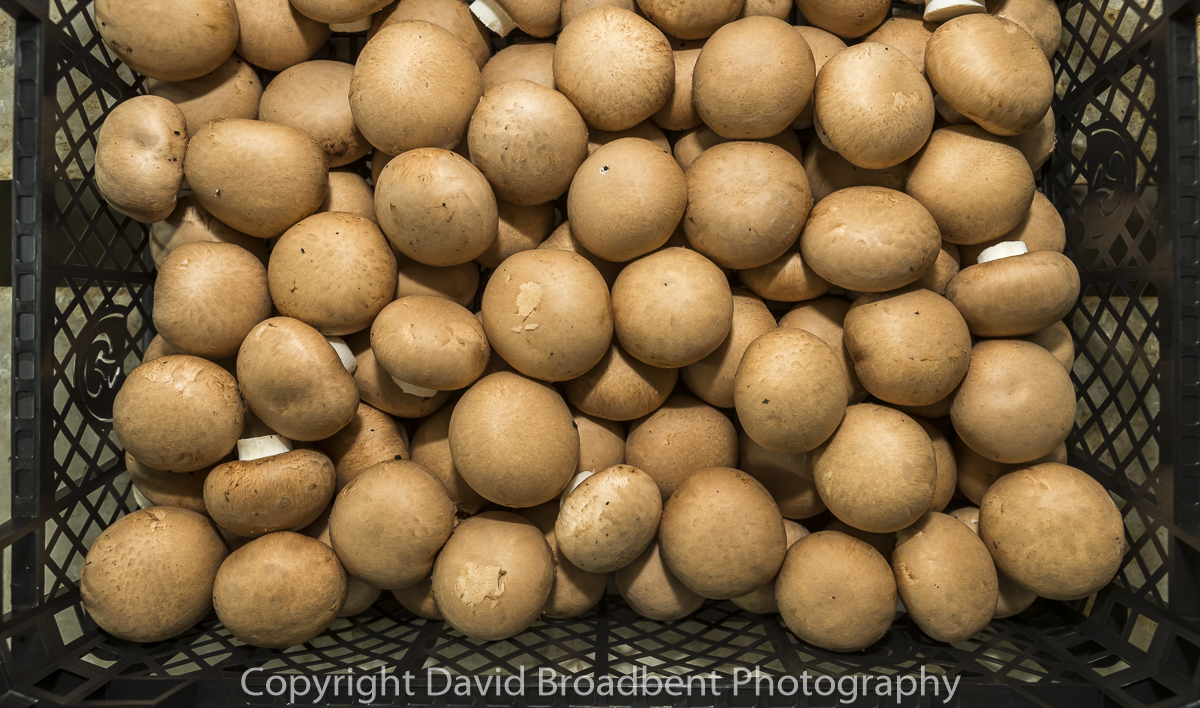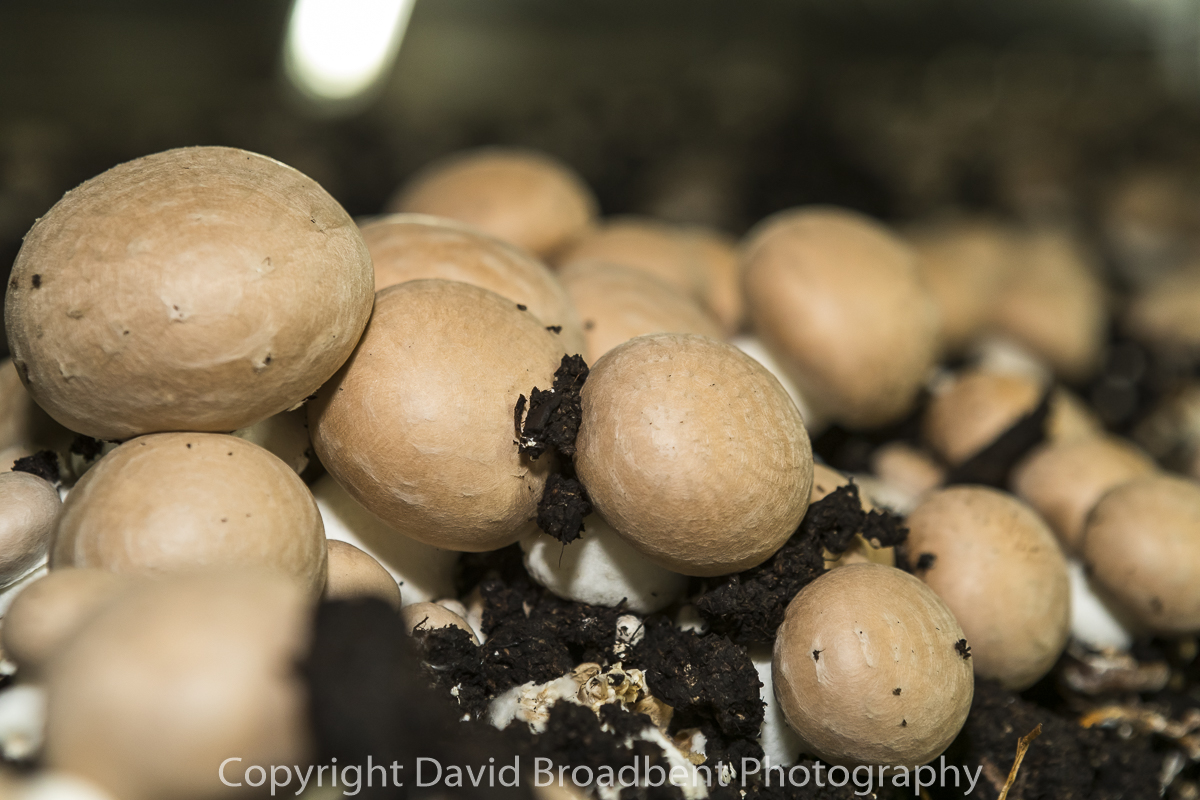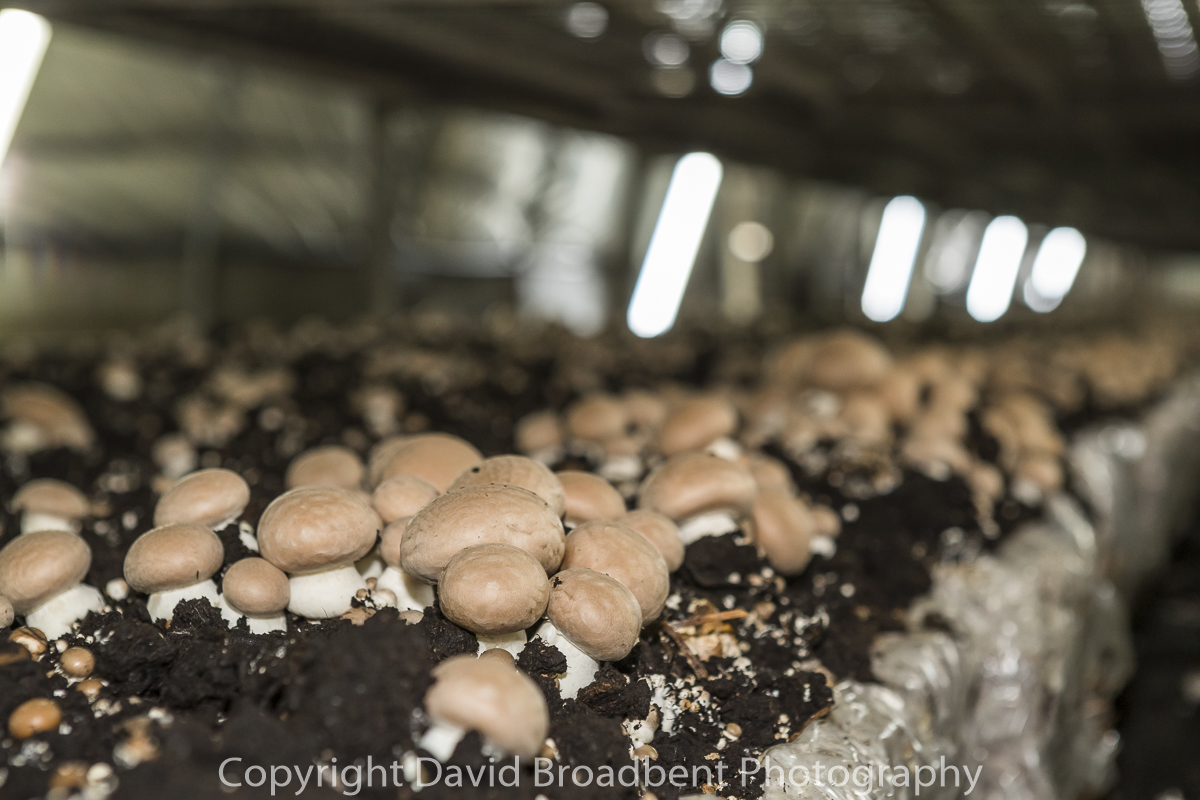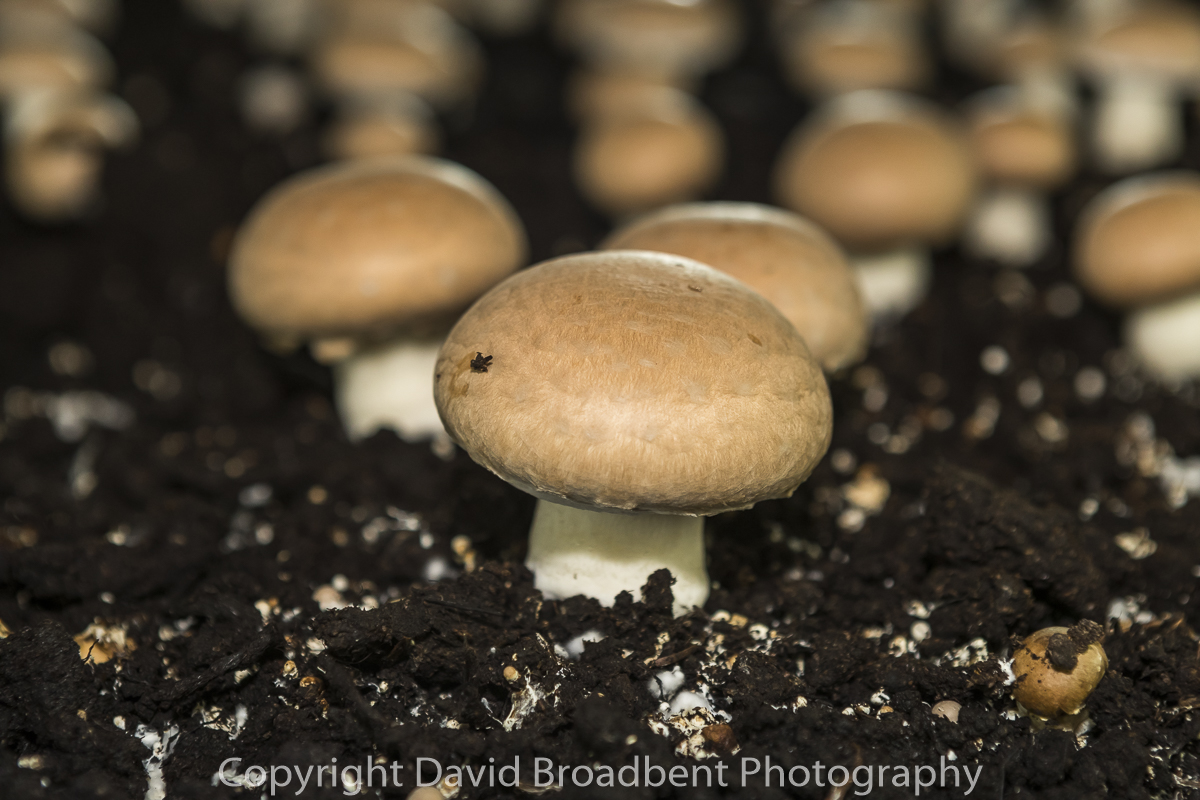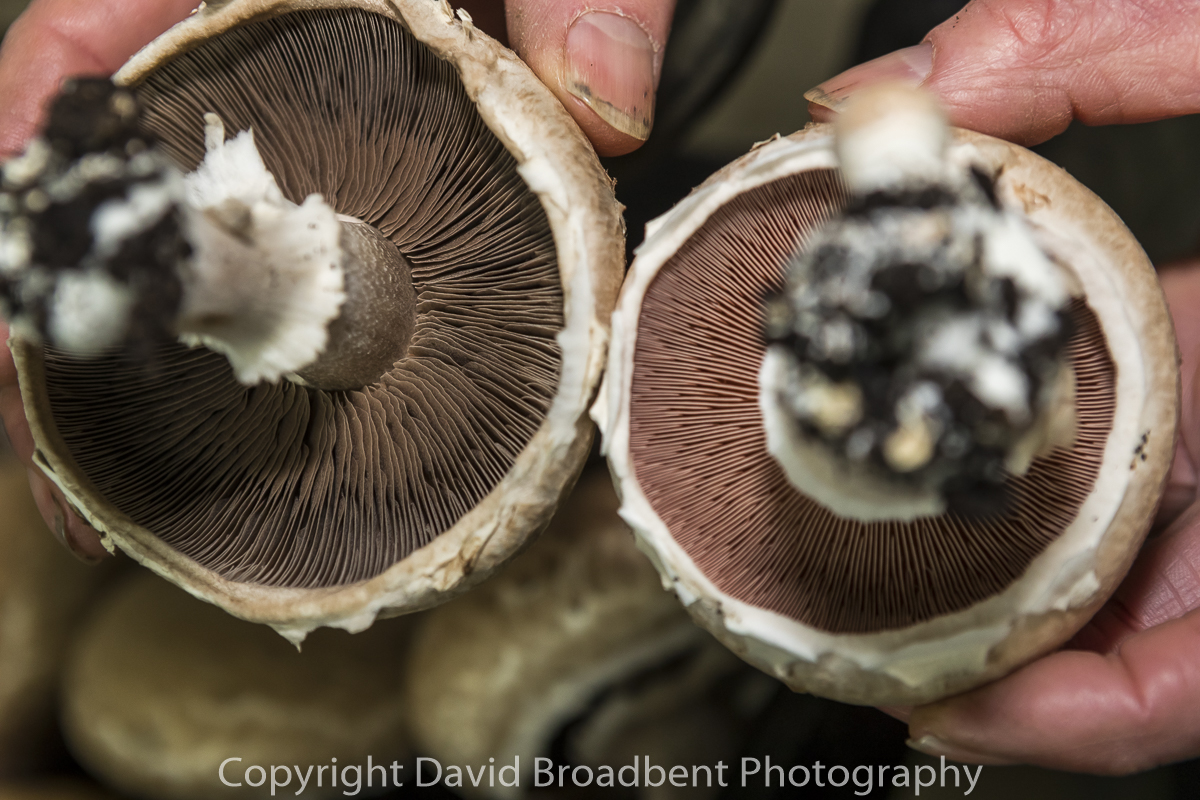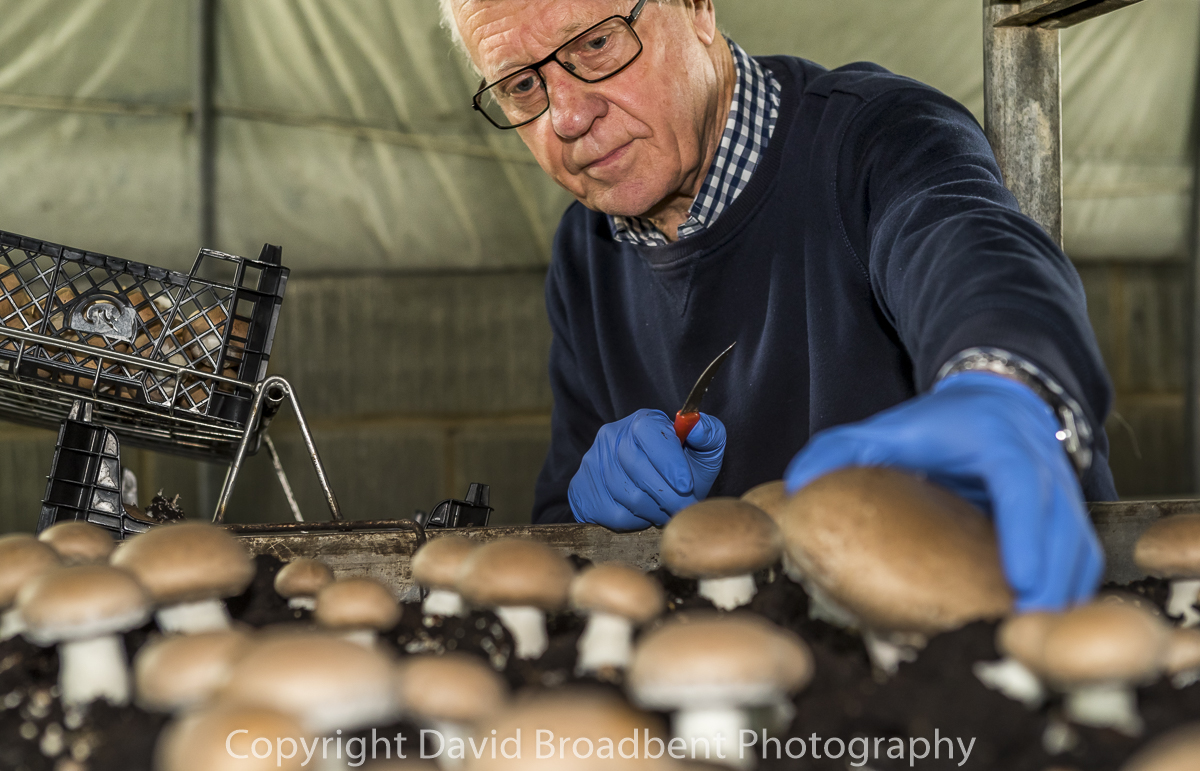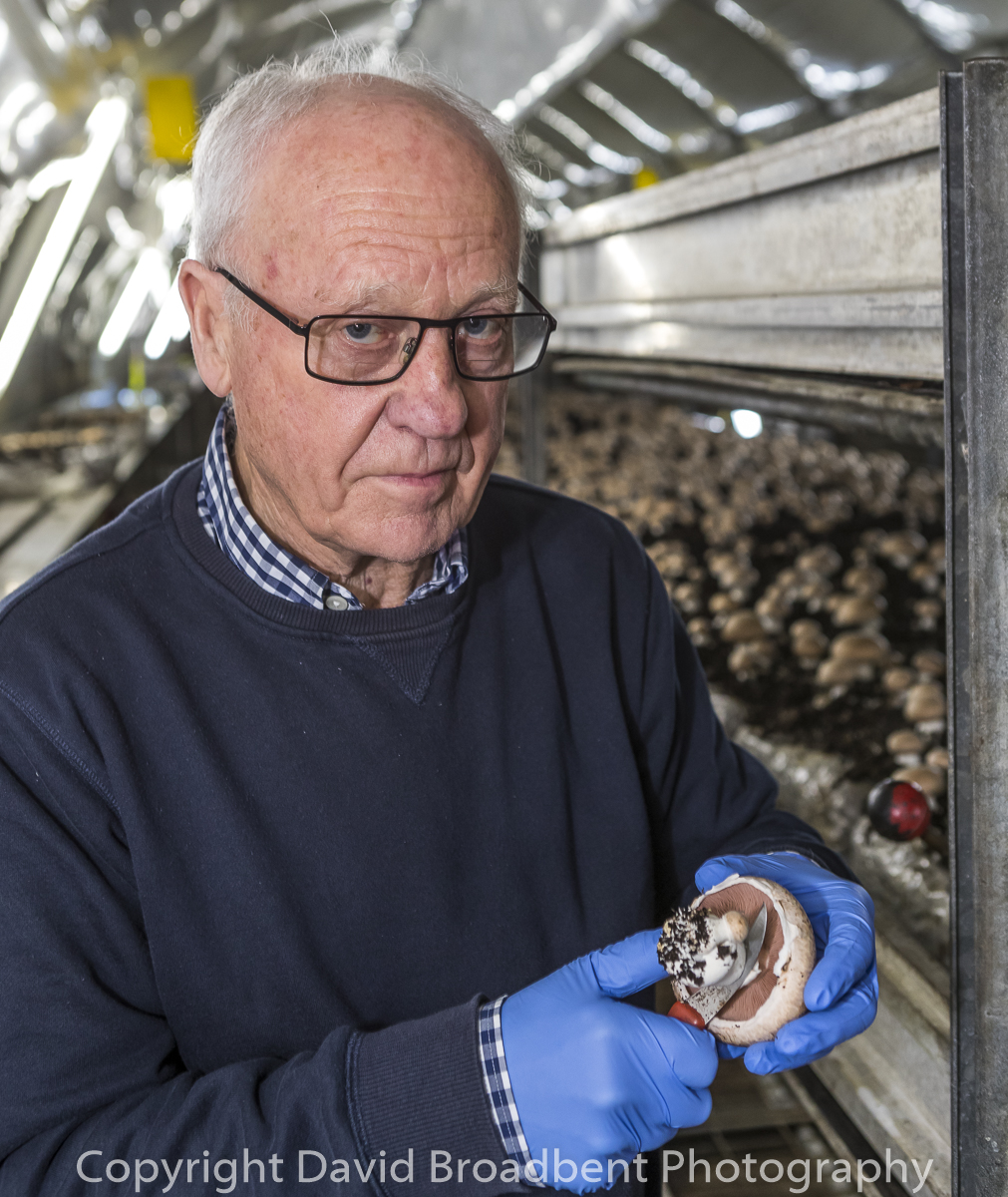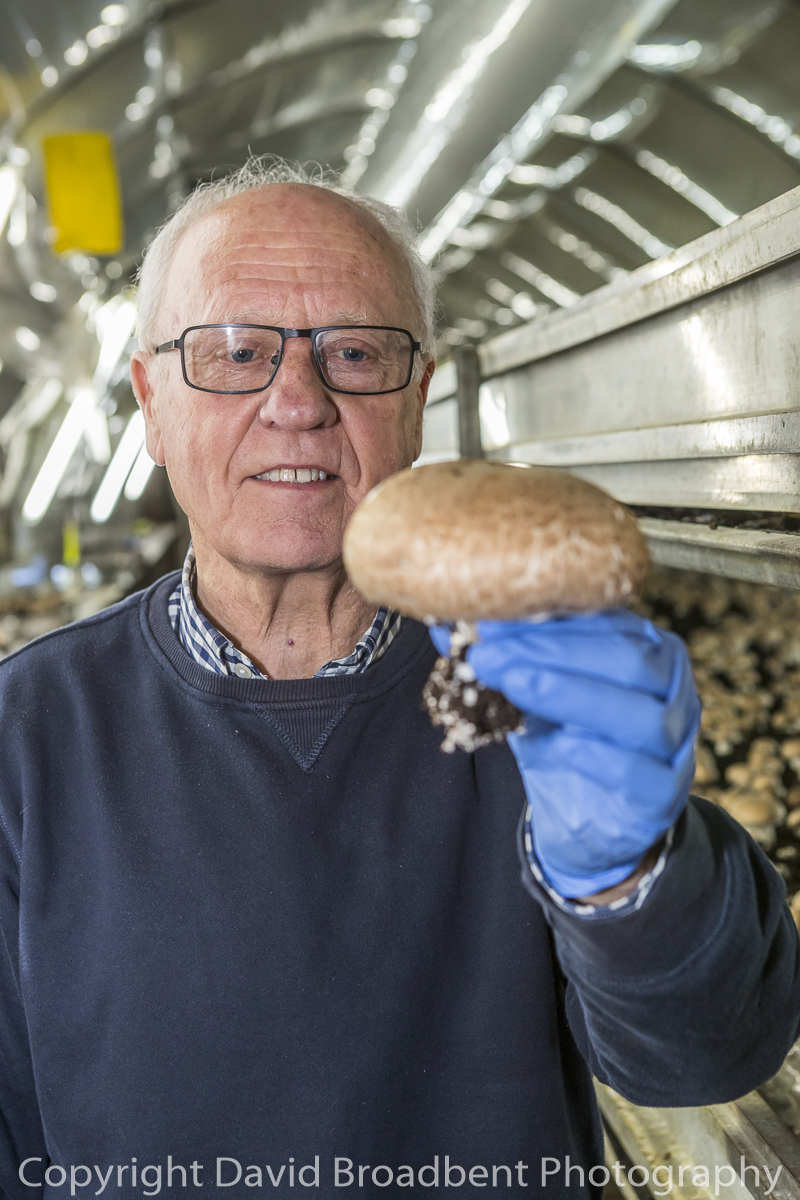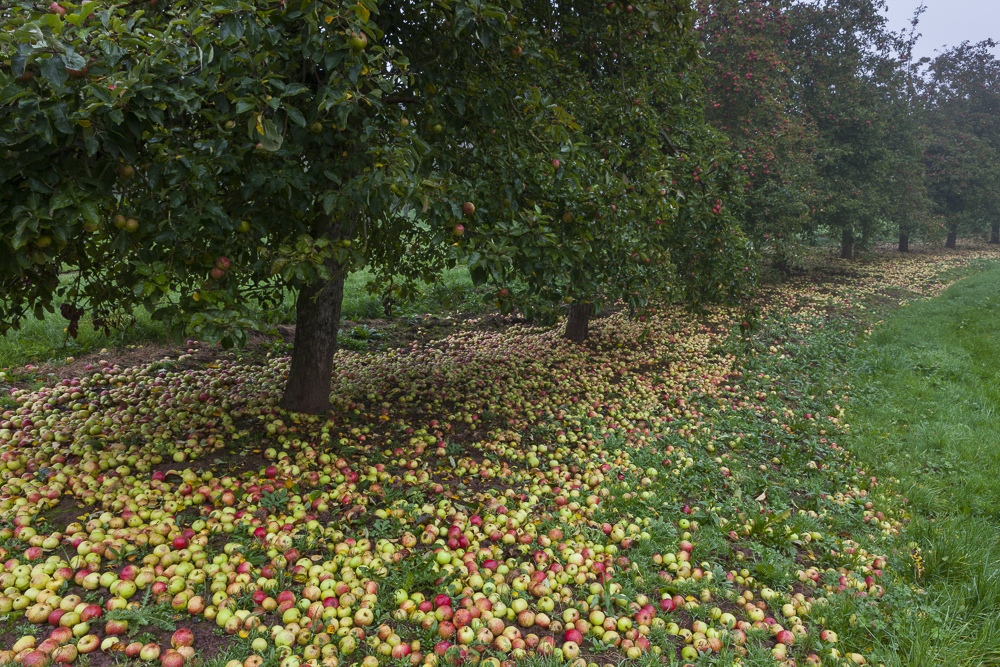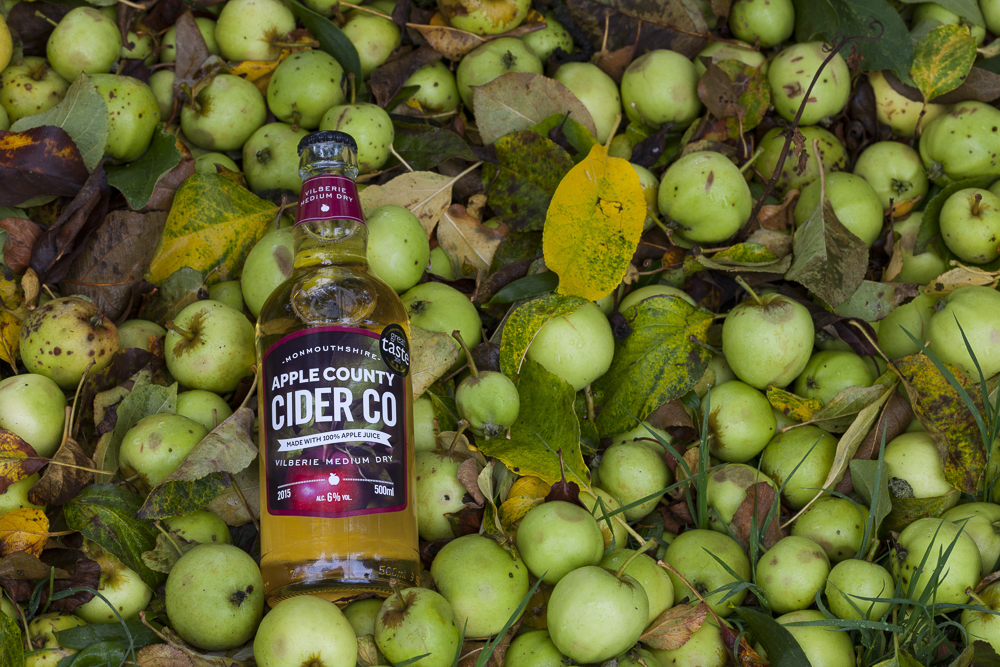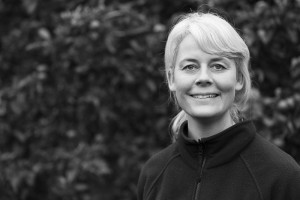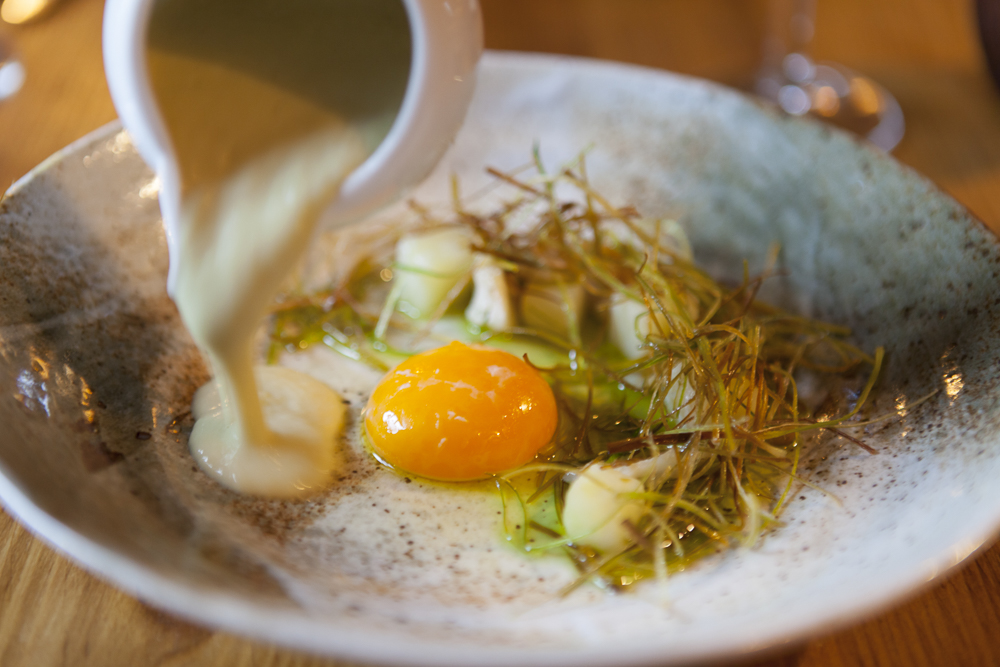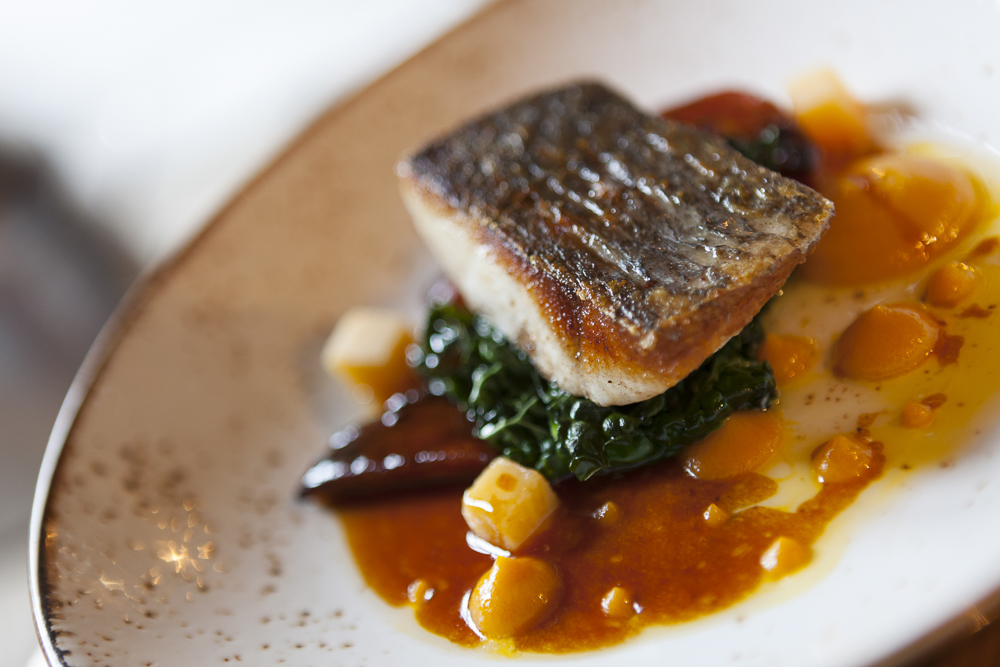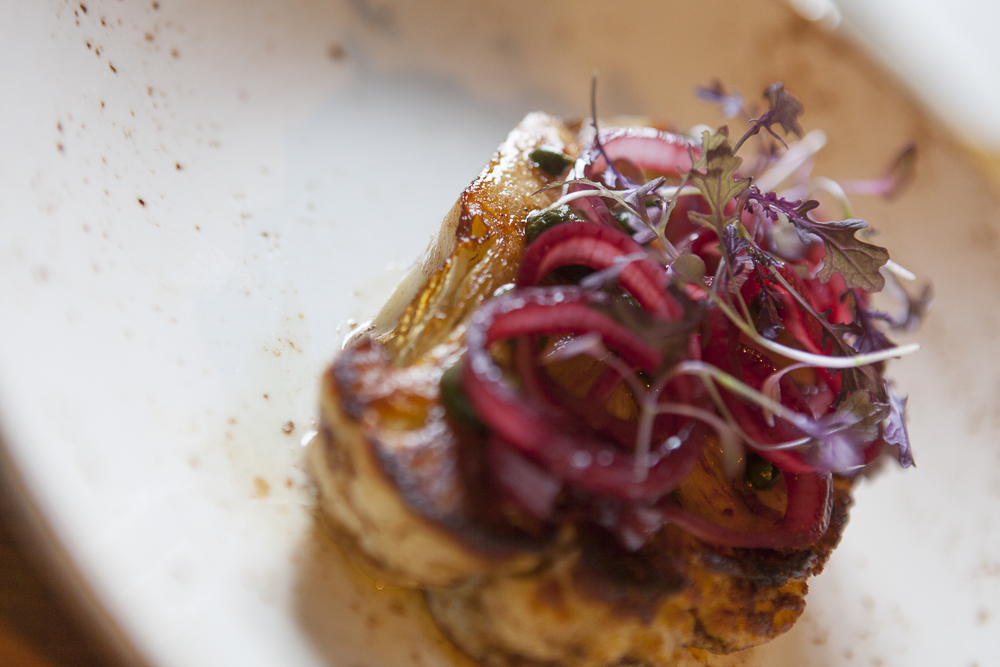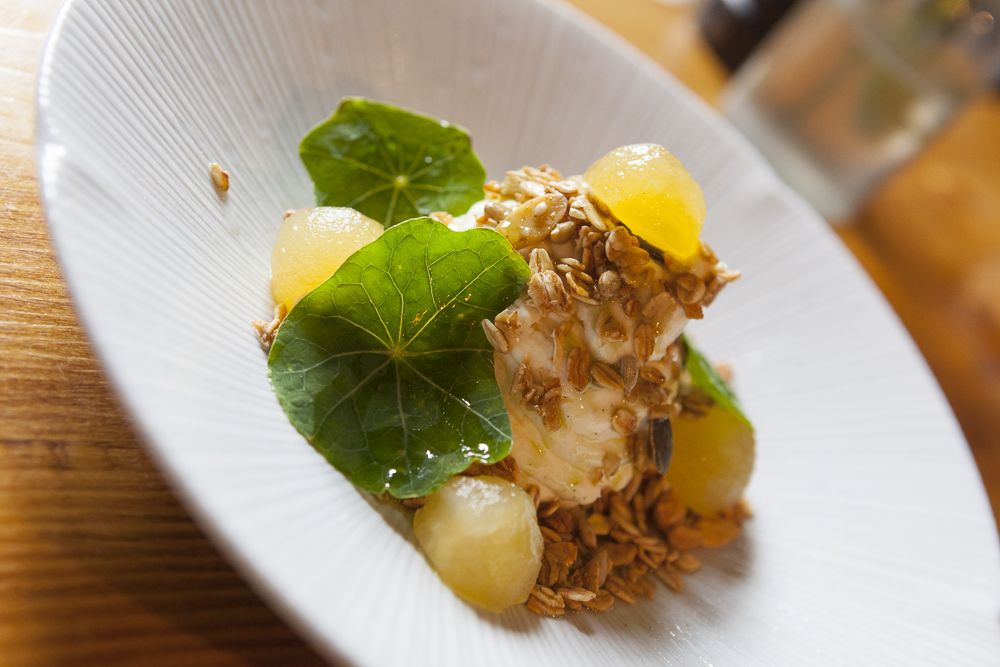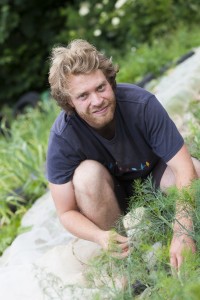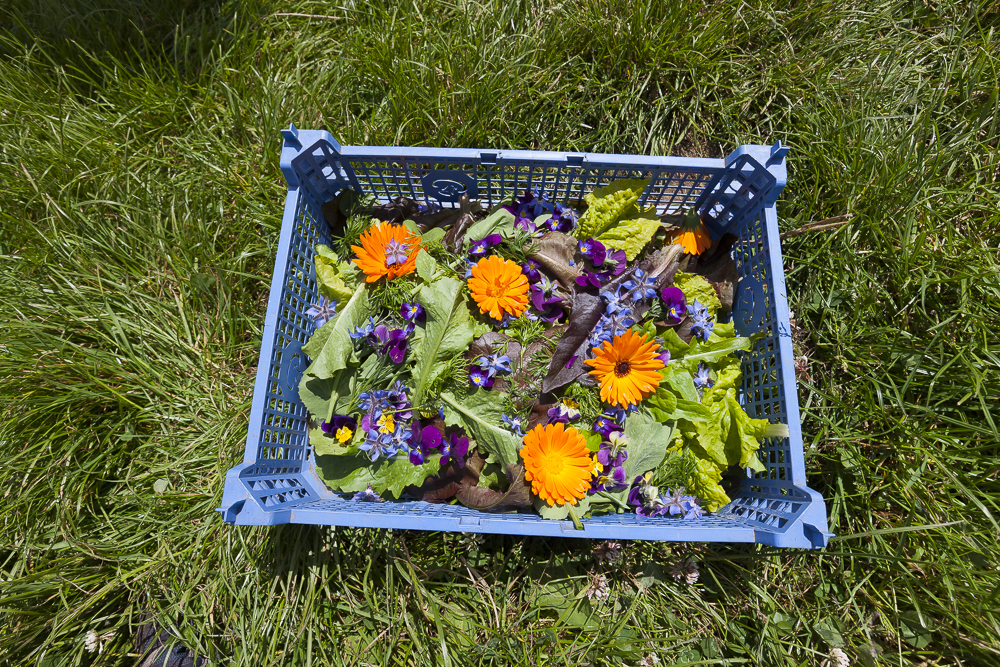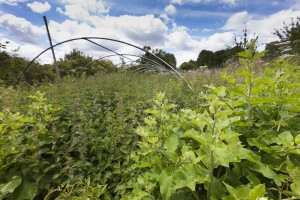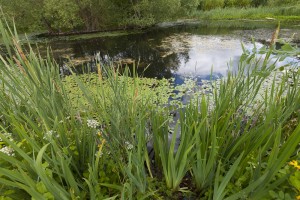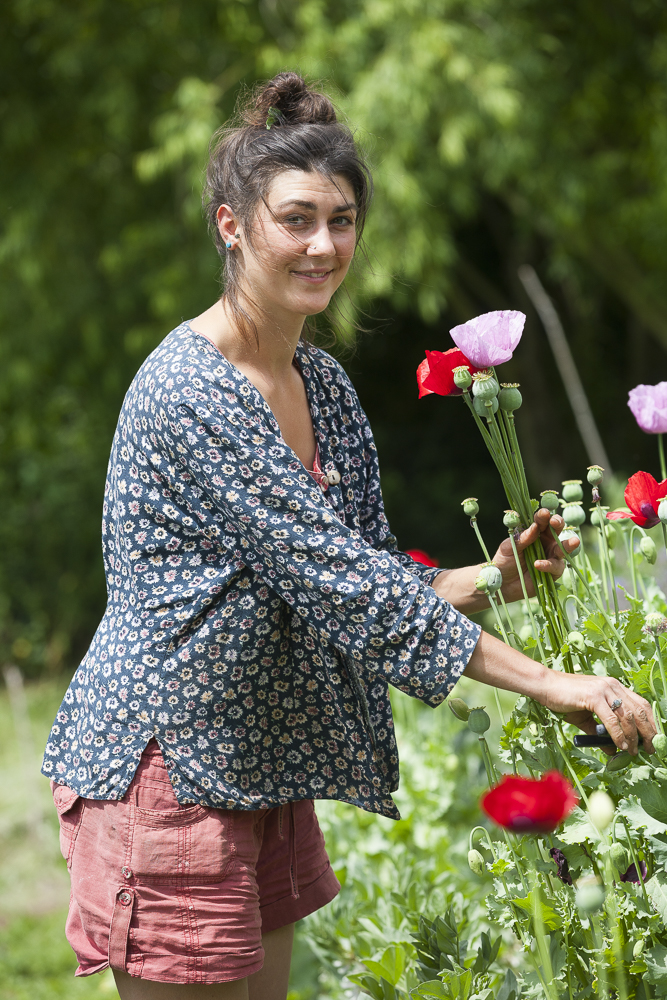Meet Debs and Stuart. Together they are realising their personal dream on a small patch of land at Huntley. Endless couples parade in line on seemingly equally endless property shows where the single most common motivation is to move to the county and keep some chickens. Most of these aspirations doubtless fail. But having spent a few short hours with this couple – it’s obvious that this partnership won’t be among the casualties.
Crofting is an old tradition perhaps best associated with the Highland and Islands of Scotland. Essentially a couple or a family work on small parcels of land both to supplement their meagre rations and to produce cash crops for sale in the local area, or at least they did before all the rich landowners and landed gentry threw them off the land to make way for sheep.
Here in the Forest of Dean & Wye Valley life must have been fairly similar for some. The echoes of small parcels can still be seen in the way that modest houses in the Forest & Valley sometimes also come with a little bit of ground. So, meet these modern-day crofters. Holding down day jobs and working on the land, their land.
Plump Hill Farm couple Debs and Stuart are though taking crofting to a whole new level. Faced with endless ambition but a limited budget from their day jobs they didn’t buy a farm. They bought farmland. Land going for sale in agricultural lots as an old farm was broken up and its sprawling buildings repurposed for the 21st century. They’ve just bought another parcel adjacent to their existing lot and so its seems that the well-rehearsed business plan is right on track.
We spent a great morning walking the patch with Debs and Richard Kaye head chef at the award winning Kilcot Inn. Richard was Deb and Stuarts first customer and has been with them since. We chatted to Debs while Richard checked out the loins and conformation of the ever-growing young pedigree pure bred Old Spots. Debs had to feed her cade lamb (hand reared after being rejected by mum) which was eagerly awaiting its breakfast. “We’d put a jacket on her because of the cold and she (mum) rejected it”, “always learning – we won’t do that again”. And there is so much to learn. Sensibly, they invested in themselves and bolstered their passion and enthusiasm with some top-quality training at the hands of Tim Stephens the Farm Manager and trainer at Humble by Nature. A real success story for Tim and Humble by Nature as they gave Debs and Stuart the spring board and confidence to pursue their dream.
And Richard is just the kind of customer that Debs and Stuart are looking for. Outlets for their whole animal produce who care as much as they do about the quality of the meat they are producing. Ideally customers who will take straight from the farm together with all the provenance and good animal welfare you can shake a stick at. Word is spreading too. Only that day Debs had to, sadly, decline the M5 services request for supply because they simply couldn’t produce the quantity required. That’s not a missed opportunity though for Debs. She clearly has her focus on growing the business to a sustainable size and then consolidating at that capacity.
Animal welfare comes first here at Plump Hill Farm. Yes, the animals are being bred for food but that is no reason why they shouldn’t have a great life and great care while they are part of the farm.
Richard Kaye shares this ethos for all of his ingredients for his lovely country restaurant. “A great dish starts with great raw materials,” he said. “I’ve spent years sourcing local suppliers who rear animals with excellent animal welfare. Happy animals taste better. Slaughtered properly and in as a calm way as possible is really important to the final quality and important to me.” “It is also imperative that we support local business – keeping the money in the area can really help the economic situation for everybody. I have the flexibility to take animals from Debs whenever they are available- and she doesn’t charge me a delivery charge!”
We have exercised the viewpoint that Britain has largely lost the connection with where it’s food comes from numerous times in these pages. Why is it important? If you are a meat eater, it’s just a fact that those animals will have to be slaughtered to meet your demand. If you lose sight of this fact and insulate yourself behind the unsustainable polystyrene punnets and red lighting of the supermarkets, you, yes – you personally contribute to what happens next. If no one cares how our food is reared you, yes you, open the door to poor animal welfare. In the shadows, people will exploit the fact that you don’t care and they will stop caring too – in the pursuit of profit. Pretty soon you’ll be buying two chickens for a fiver without a second thought for how they can be sold so cheaply.
And right there you have the transition on this escape to the country life. This is where half-hearted dreams falter, when the dream turns into the daily reality of hard work, dedication and sometimes disappointments when you bear the immense responsibility of keeping animals. The caravan in the polytunnel tells it all. It became home for a few weeks during lambing. This couple new to farming and always learning were “absolutely worn out” physically and emotionally during the process and to have somewhere to crash on site was a life saver.
The flock of fine woolly Shropshire’s all looked pretty happy and healthy grazing in the early morning Gloucestershire sunshine. And amongst the animals and covered in muck, Debs looked very happy too.
Links
Plump Hill Farm https://www.facebook.com/PlumpHillFarm/ http://plumphillfarm.co.uk/
Kilcot Inn http://www.kilcotinn.com
Humble by Nature https://www.humblebynature.com/event-category/smallholding-animal-husbandry/
